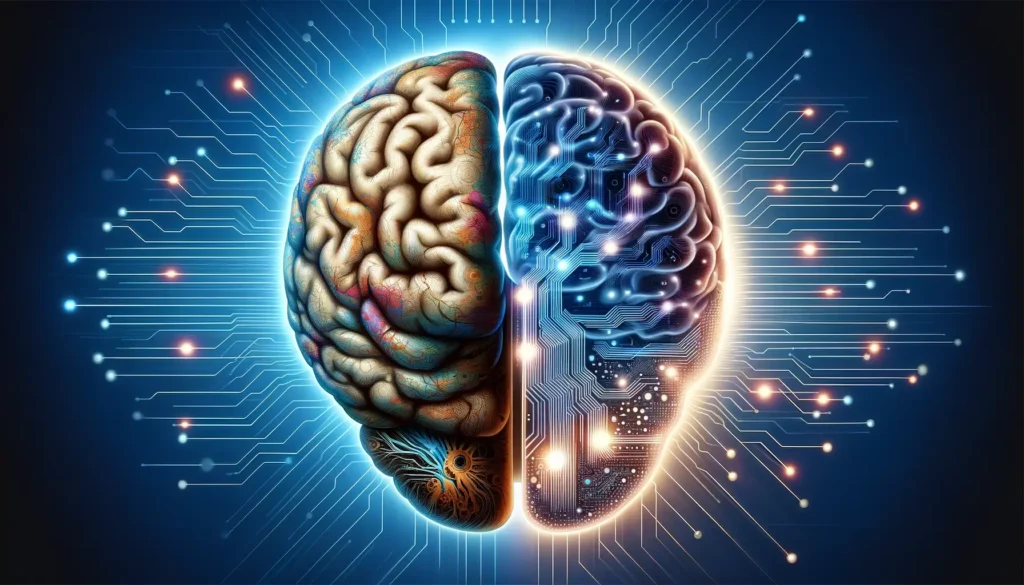AI vs Human: A Comparative Analysis
In today’s rapidly advancing technological landscape, the debate of AI vs Human has sparked significant discussions across industries. Artificial Intelligence (AI) has made incredible strides in recent years, outperforming humans in various tasks, from data processing to creative endeavors. However, the question remains: can AI truly surpass human intelligence, or are there areas where human capabilities will always be unmatched?
Understanding AI’s Strengths
AI, powered by machine learning and deep learning algorithms, is designed to analyze vast amounts of data and make decisions at speeds far beyond human capacity. In industries like healthcare, AI can process medical images, analyze patient records, and assist in diagnosing diseases with remarkable accuracy. AI’s ability to continuously learn from new data allows it to adapt and improve over time, providing solutions that may be difficult or impossible for humans to achieve alone.
Moreover, AI excels in tasks that require precision and consistency. Robots in manufacturing, for example, can assemble products without fatigue, ensuring flawless execution with minimal errors. Similarly, AI-driven algorithms in finance can detect fraudulent activities by quickly analyzing transaction patterns that might go unnoticed by human analysts.
The Uniqueness of Human Intelligence
While AI excels in speed, precision, and data analysis, humans possess unique qualities that AI currently cannot replicate. Human intelligence is deeply emotional, intuitive, and adaptable. Humans excel in tasks requiring empathy, creativity, and complex problem-solving, such as in teaching, counseling, and art. Emotional intelligence plays a significant role in decision-making, social interactions, and leadership, areas where AI still struggles to make meaningful contributions.
Furthermore, humans have the capacity to think abstractly, consider ethical dilemmas, and navigate situations that require cultural or contextual awareness. These aspects of human intelligence are essential in complex fields like law, politics, and diplomacy.

AI and Human Collaboration: The Future
Rather than viewing AI as a competitor to human intelligence, the future likely lies in the collaboration between the two. AI can handle repetitive, time-consuming tasks, freeing up humans to focus on more creative, strategic, and emotional aspects of work. By combining the strengths of AI with human ingenuity, businesses and individuals can unlock new opportunities and solve complex problems more efficiently.
In conclusion, the debate of AI vs Human highlights the distinct roles both play in modern society. While AI offers exceptional computational power, humans remain irreplaceable in areas requiring emotional intelligence, creativity, and ethical judgment. The synergy between AI and human capabilities will shape the future, ensuring that both can thrive in their respective domains.
